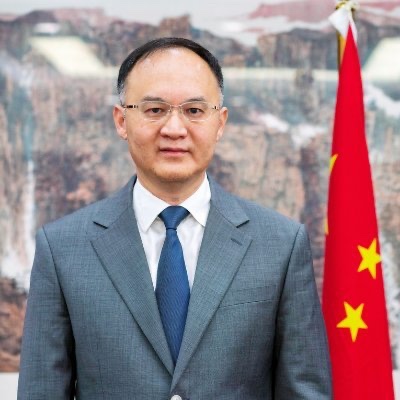While chairing a meeting on facilitating Chinese investors in CPEC’s SEZs, Prime Minister Imran Khan directed all the concerned authorities to provide incentives for the Chinese investors. He also highlighted that Pakistan needs investment to accelerate industrialization, for which CPEC provides the perfect opportunity. PM Khan was also briefed about 27 SEZs, single-window operation, and progress of all ongoing projects under CPEC during the meeting. Present at the occasion was Ambassador Nong Rong who appreciated PM Khan’s remarks.
Pakistan Prime Minister Imran Khan on Monday said that his country needs investment, especially from China, to accelerate industrialisation and provide jobs to its growing population.
Chairing a meeting on facilitating Chinese investors in Special Economic Zones (SEZs) being set up under the China-Pakistan Economic Corridor (CPEC), Khan also directed the authorities concerned to make land and tax incentives available to attract more and more Chinese investors.
Pakistan needs investment to accelerate industrialisation. It is critical to create maximum employment opportunities for our growing population, 65 per cent of which are under the age of 35, Khan said.
“Authorities concerned need to take all possible measures to provide land; electricity and gas connections, and tax incentives to attract more and more Chinese companies to invest in Pakistan and populate the SEZs,” he added.
Earlier, Khan was briefed that out of the total 27 SEZs in the country, work on five SEZs including Dhabeji in Sindh, Rashakai in Khyber-Pakhtunkhwa, Bostan in Balochistan, Allama Iqbal Industrial City in Punjab and Gwadar in Balochistan) was in full swing.
An effective single window operation facility is being set up at each of these SEZs and a Facilitation Center in CPEC Authority to resolve all issues of the potential Chinese investors under one roof.
The meeting was attended by Chinese ambassador to Pakistan Nong Rong, Federal Ministers Shaukat Tarin, Khusro Bakhtiar, Asad Umar, Hammad Azhar, Advisor on Commerce Abdul Razzak Dawood and other senior officers.
The CPEC, which connects Gwadar Port in Pakistan’s Balochistan with China’s Xinjiang province, is the flagship project of China’s ambitious multi-billion-dollar Belt and Road Initiative (BRI).
The CPEC is a collection of infrastructure and other projects under construction throughout Pakistan since 2013.
Originally valued at USD 46 billion, the projects were worth USD 62 billion as of 2017.
India has protested to China over the CPEC as it is being laid through Pakistan-occupied Kashmir.
The BRI was launched by Chinese President Xi Jinping when he came to power in 2013. It aims to link Southeast Asia, Central Asia, the Gulf region, Africa and Europe with a network of land and sea routes.

















